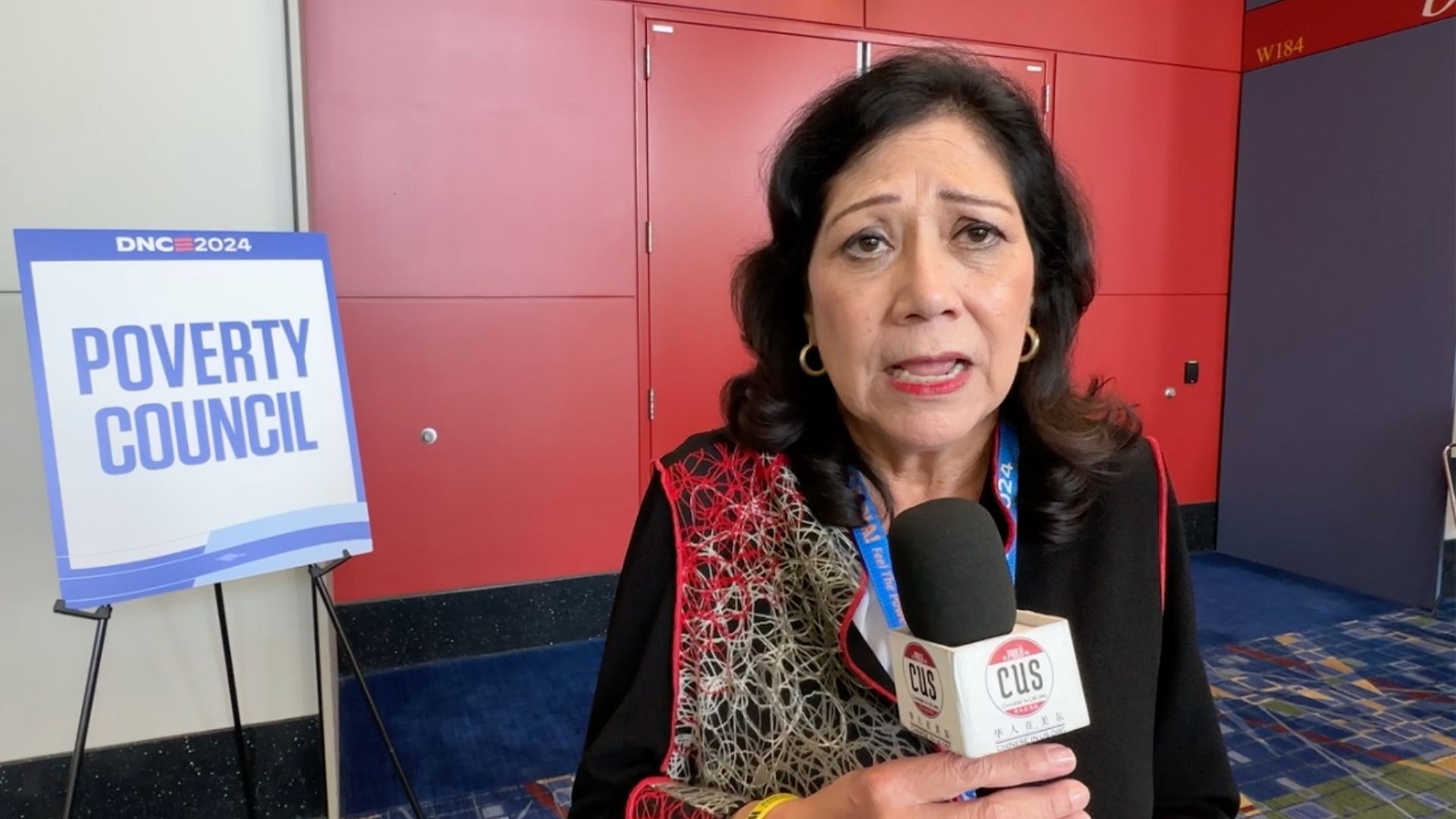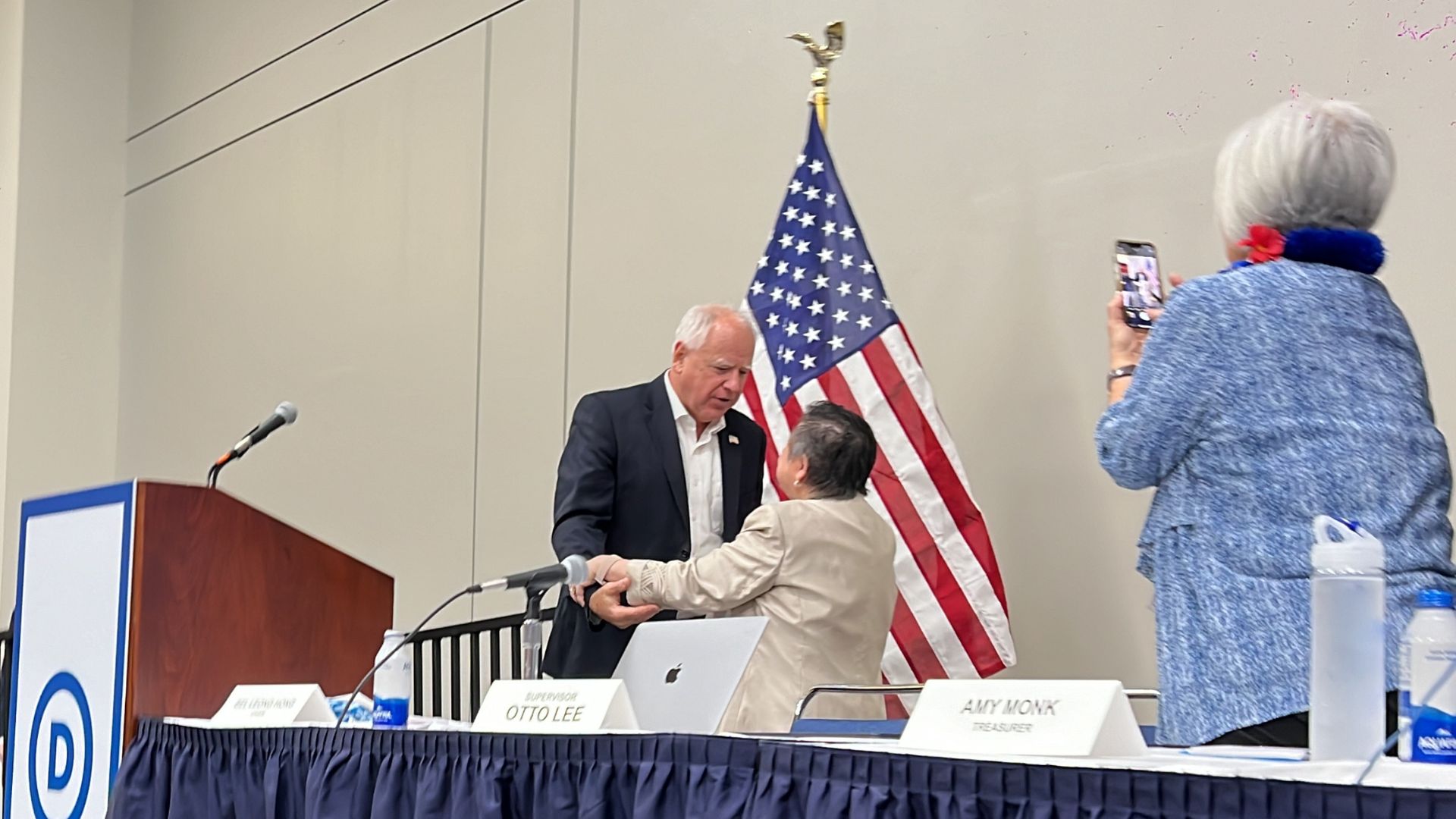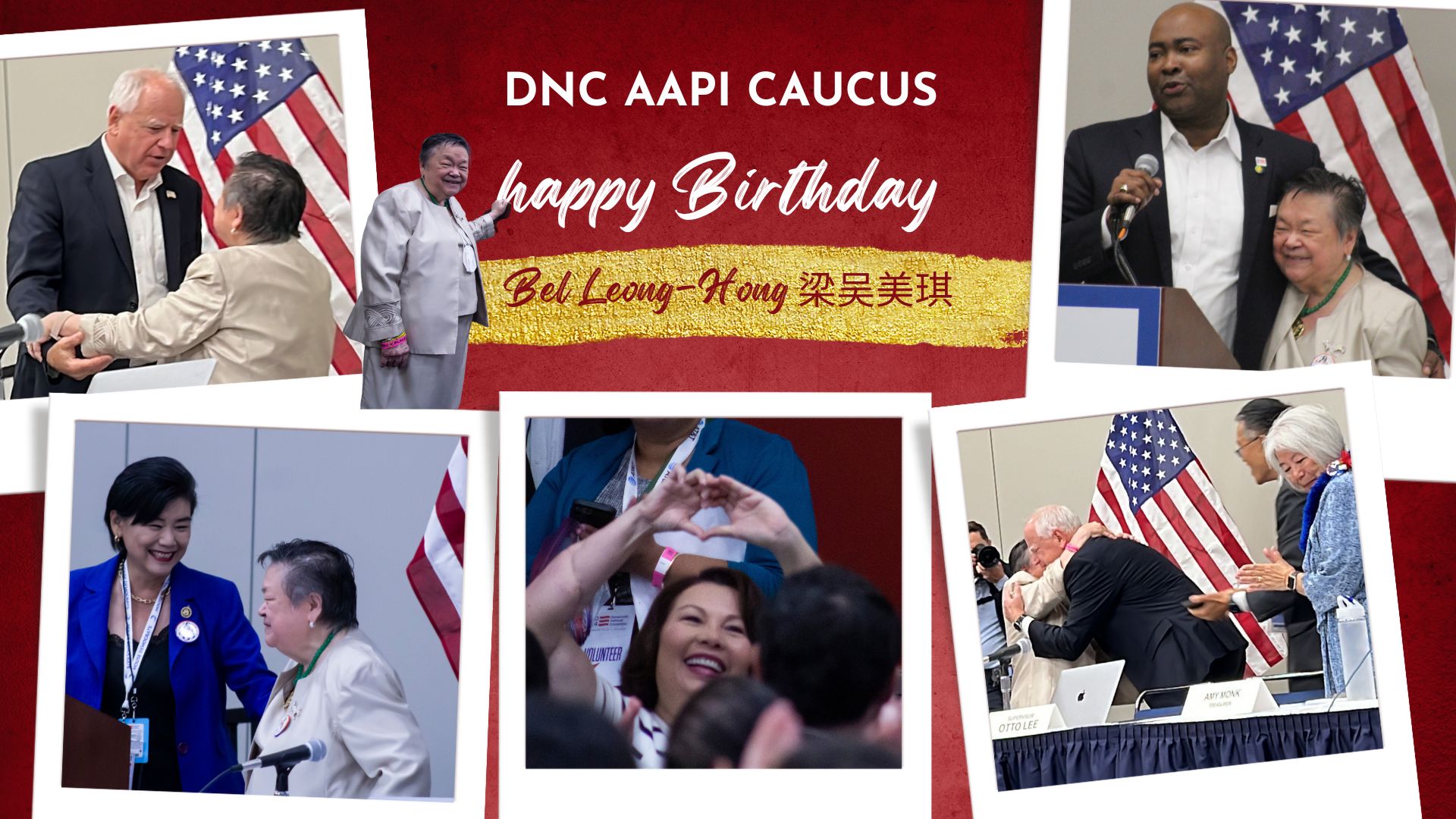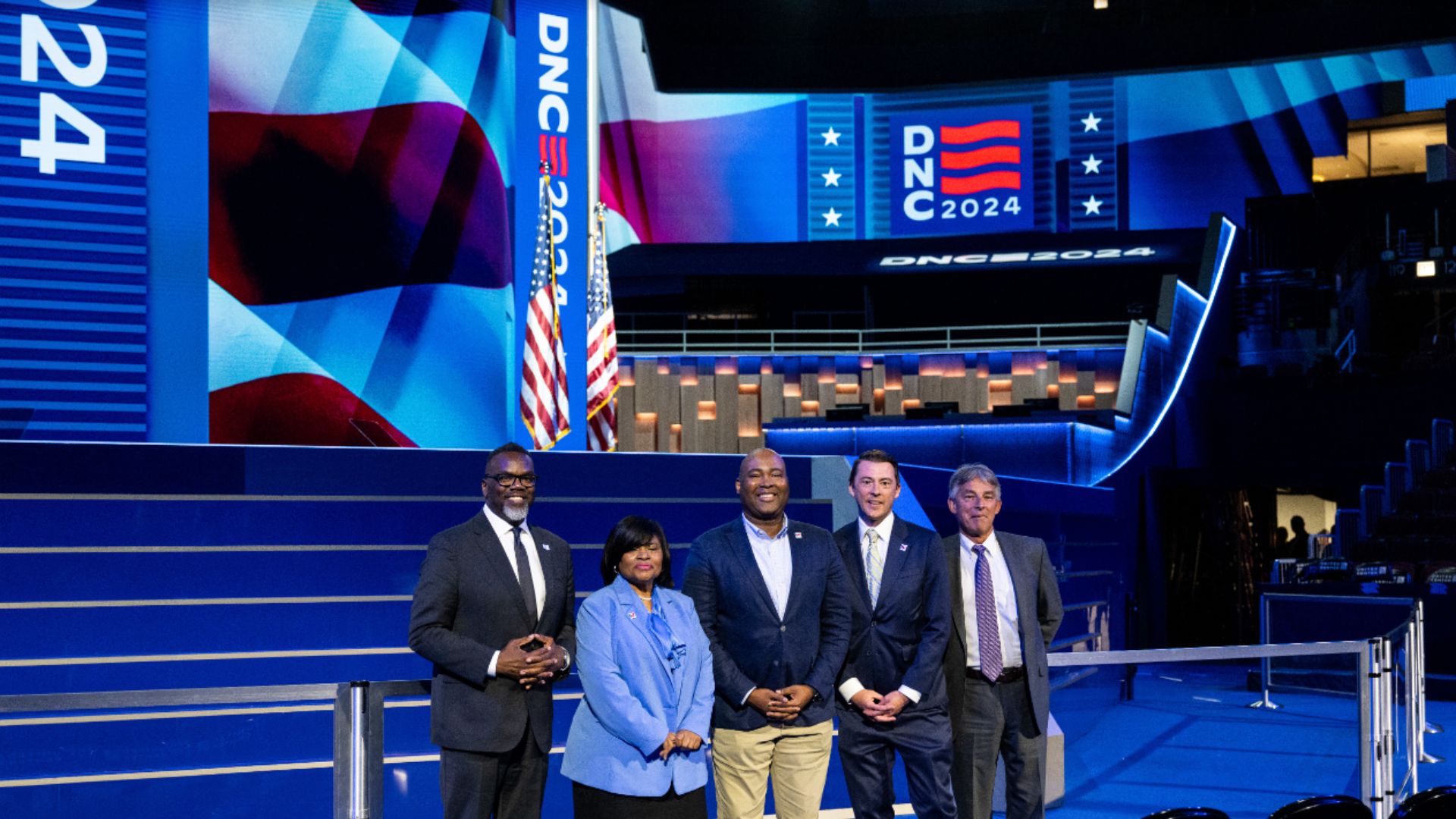August 20, 2024, Chicago, Illinois — Hilda Lucia Solis, the pioneering Latina figure in American politics and the first Latina U.S. Secretary of Labor, recently appeared as a guest at the Democratic National Convention (DNC) Poverty Council. Her participation underscores her significant impact as a minority woman on the American political stage and her ongoing commitment to addressing the challenges faced by marginalized communities.
Hilda Solis currently serves as a member of the Los Angeles County Board of Supervisors for the First District. Her career achievements are notable, including her tenure as Chair of Los Angeles County, during which she oversaw one of the most diverse regions in the nation. Before that, Solis was a U.S. Congresswoman representing California’s 31st and 32nd districts. In the 32nd district, her successor was Judy Chu, the first Asian American woman elected to Congress. In the 31st district, Solis’s successor was Xavier Becerra, now the U.S. Secretary of Health and Human Services. Becerra and U.S. Trade Representative Katherine Tai co-chair the White House Initiative on Asian Americans, Native Hawaiians, and Pacific Islanders (WHIAANHPI).
During the Obama administration, Solis made history as the first Latina U.S. Secretary of Labor, succeeding Elaine Chao, who was the first Asian American to hold the position under President George W. Bush. Solis’s tenure was marked by her efforts to advance labor rights, workplace safety, and fair wages, further demonstrating her commitment to improving workers’ lives and advocating for minority communities.
Solis’s leadership was particularly evident in her response to the Monterey Park shooting, a tragic event that occurred on January 21, 2023, just before the Lunar New Year. The shooting at a dance hall in Monterey Park resulted in 11 fatalities and numerous injuries, profoundly affecting the Asian American and Pacific Islander (AAPI) community. Solis noted, “For many AAPI community members, the timing of this tragedy made it even more poignant, as it disrupted a culturally significant and joyous occasion.” She also highlighted how the incident heightened concerns about safety, especially against the backdrop of rising anti-Asian sentiment and violence since the COVID-19 pandemic.
As a high-profile minority leader, Solis took decisive action in the wake of the tragedy. She directly reached out to President Biden and collaborated closely with his administration to provide mental health resources, counseling services, and financial aid to assist victims and their families. Solis ensured that the support provided was culturally sensitive and offered language access to meet the specific needs of the AAPI community.
In addition to addressing the immediate aftermath of the shooting, Solis ramped up efforts to combat anti-Asian hate crimes in Los Angeles County. She played a key role in establishing a dedicated committee to address and prevent hate crimes, particularly those targeting the AAPI community. This committee created safe spaces for reporting incidents, raised public awareness, and advocated for stronger protections for vulnerable groups.
Solis’s response to the Monterey Park shooting highlights her deep commitment to justice and her ability to lead with empathy in times of crisis. Her actions have had a lasting impact on the AAPI community, providing both immediate relief and long-term strategies to combat hate and promote healing.
In an interview, Solis reflected on the importance of representation in shared identity and leadership. Like Vice President Kamala Harris, Solis is a trailblazing minority woman in American politics. She emphasized how Harris’s experiences as the child of immigrants have shaped her leadership style and policy decisions, especially in areas affecting minority and immigrant communities.
Solis praised Harris’s role in advancing policies supporting AAPI and immigrant families, as well as her dedication to healthcare, education, and social security issues. Solis pointed out that Harris’s leadership is crucial for continued progress in these areas and for ensuring that minority communities have a voice at the highest levels of government.




